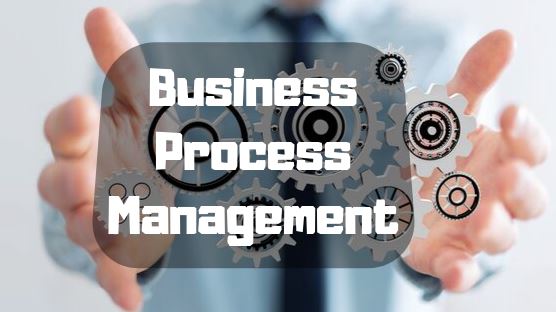A 2018 report from the Union Bank of Switzerland found that almost half of business owners looking to sell lacked an exit strategy. The wisdom in that, or lack thereof, is astounding.
An exit strategy helps you determine success. It builds a smooth transition for the new owners, your existing employees, and your personal and financial goals beyond the business.
In the following article, we’re going to discuss how you can avoid being one of the 48%. Let’s look at the steps to get you there.
Decide How Involved You Want to Be
Any business exit strategy must begin with your level of involvement. In other words, what role do you hope to play in the company moving forward? There will be a role of some kind:
- Completely sold out
- Continued shareholder and board member
- Advisor or consultant
- Temporary management
Your strategy will set the course for the business, but it will also give you a chance to ensure things are left in the proper hands. Use it wisely.
Make Sure the Timing Is Right
Getting out of your business is as much about timing as anything else. For example, you would not want to leave your employees, and a fledgling owner with zero guidance just as the busy time of your year begins. Look at your company’s forecast.
Also, take a microscope to the economy. Selling too fast can mean losing a lot of the value you’ve helped to create in your business.
Weigh Your Options
Working with business brokers can help you see which of the options mentioned above are best for you. They also have experience in considering the other spinning plates, so to speak.
Working with a broker works best if you’re working with ones that have experience in your industry. Tech companies, for example, would want to target technology business brokers, who know that market and have experience valuing the underlying technology as much as revenues.
Consider Competing Interests
Another major benefit of working with a technology business broker or a business broker is being able to leverage interest that you’re getting from multiple bidders. How does that factor into your exit strategy?
Competing interests will likely have different goals in purchasing your company. Some will want to take over immediately while others could need your training and guidance. Naturally, that will affect how and when you bow out of your company’s daily operations.
Close Well
Decide what you want to do with your company. Then, commit to it. If that entails continuing to work hard in your business in the interim between now and closing, then do it.
Keep your eyes on the final result, but look beyond it as well. Nurturing relationships with the buyer as well as the people who helped your company get to where it is will serve you well in future business endeavors.
Choosing an Exit Strategy Is Your Chance to End on a High Note
An exit strategy will leave your business better than you found it while helping you to determine whether you’ve achieved everything you’re hoping for. Give it the attention it deserves!
For more business-related tips and advice, check out some of our additional posts!


